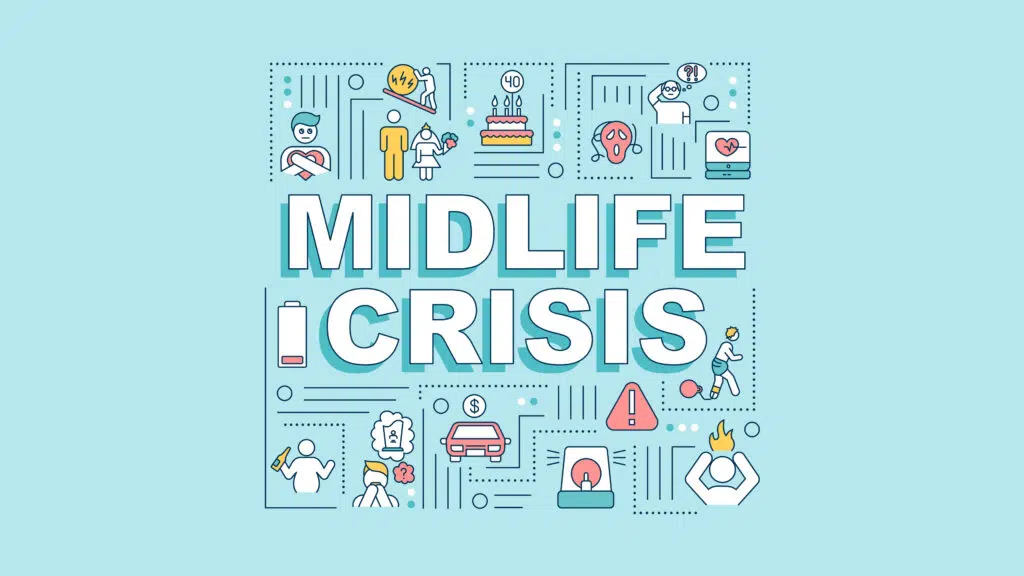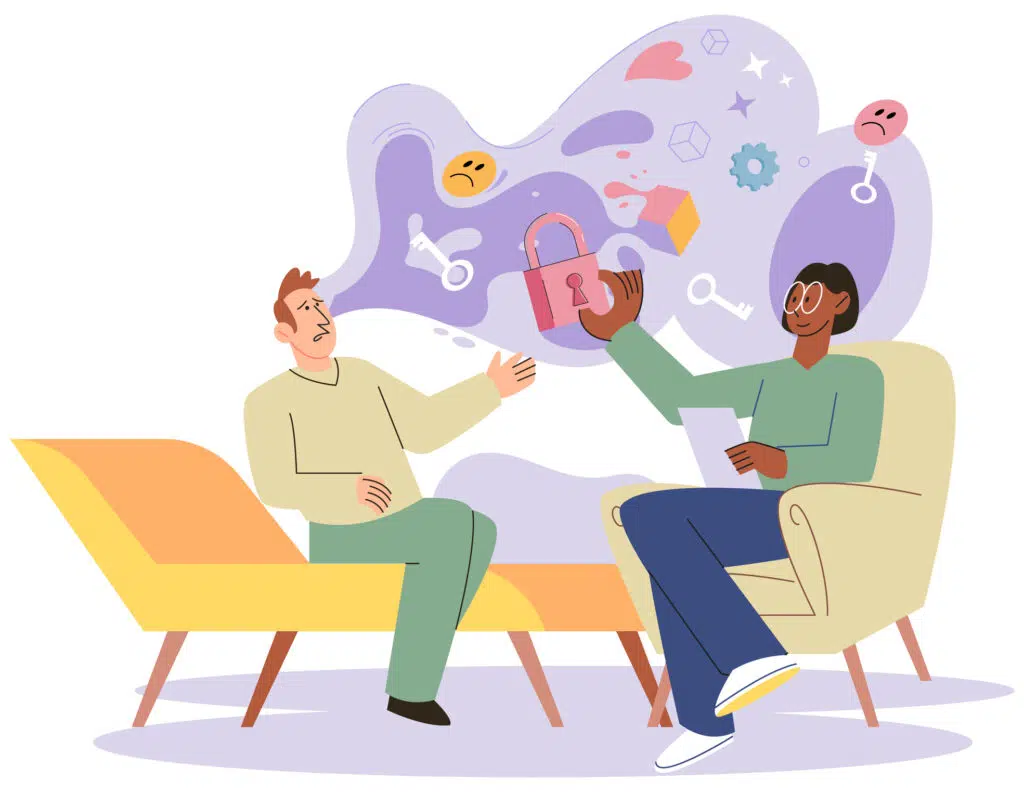6 Ways to Build New Relationships in a City as an Adult

As a kid, all you had to do was sit next to someone in school, and you had a friend. It felt like you could walk up to anyone and be best friends within minutes. But somewhere on the way to being a fully-fledged adult, that changed. Now, it feels so much more challenging to make friends and, at times, practically impossible. Building new relationships takes time, which many people have little running spare. But you can create new relationships as an adult in a city. Whether you just moved to a city like New York or Los Angeles, or you’re finding it hard to meet people in general, here are some tips to help you make new adult friends.
Making Friends as an Adult is Hard
It’s not in your head, and you’re not alone; making friends as an adult is hard. One study found that the most common factors that stand in the way of making new relationships are:
- Introversion
- Fear of rejection
- Lack of time
- Low trust
It feels like you have all these opportunities to make friends when you’re younger. Between clubs, school, and your neighbors, it didn’t take much to find something in common and make friends. As you get older, you start to become set in your ways, and the demands of life can stand in the way.
Dr. Tirrell De Gannes, Licensed Clinical Psychologist in New York City, says that “the older you are, the more you fall into the same routines and meet fewer people. You don’t see new people doing things you also do and enjoy, so your opportunities decline.
Fearing rejection, being shy, or lacking trust due to past issues are all entirely valid reasons for struggling to make new friends as an adult. While forming new relationships may not feel as easy as when you were young, it’s entirely possible for you to do at any stage in your life.
Why Are Relationships Important for Health?
Despite an emphasis on romantic relationships, your social circle and friendships impact your life too. The importance of strong social connections has been linked to benefits like greater pain tolerance, lower risk of depression, and a stronger immune system. Good friends can help to relieve stress and prevent loneliness.
There is now evidence that a lack of social connections significantly increases the risk of premature mortality. Loneliness increases the risk of several conditions like coronary heart disease, high blood pressure, and mental health issues like depression.
Dr. Tirrell De Gannes explains that “social skills are just as important for adults as it is for children. Not to mention, having friends takes the pressure off of dating and familial relationships to satisfy one’s needs for communication.”
Friendships have the power to enrich your life, boost your confidence, and promote a sense of well-being. Having a solid support network can help you get through some tough times. It’s easy to write off making friends as an adult, but it doesn’t need to be this way.
How to Build New Relationships in a City as an Adult
When it comes to making new relationships in a city, they don’t tend to fall into your lap if left to chance. You need to be proactive and think about making friends positively. Feeling shy or experiencing social anxiety is completely normal. By taking small steps, you can start to open your social circle and open yourself up to new relationships.
Open Yourself Up to New Experiences
Firstly, remember that it’s common to find it challenging to make friends as an adult. You are not alone. So many people are either dealing with it or have done it in the past.
Start by trying new experiences and meeting people that you don’t know. If you have recently moved to a city, you may only know a handful of people or no one at all. Try volunteering, visiting an art gallery opening, or joining a workout class. Another way to meet new people is through apps like Peanut (for new moms) and Meetup.
When Dr. Tirrell De Gannes is helping clients to make friends, he challenges them to try new experiences. This is because “the association with new experiences is often attributed to the new people you meet. Often, people meet new friends through this process, but at times clients realize they have stronger friendships with the people they already communicate with than they originally believed.”
Schedule Social Time
If you have an already full schedule, making friends can feel overwhelming and impossible, but don’t panic. In the same way, you would arrange your workday to avoid distractions and stay focused; you can schedule your social calendar to use your time effectively. Make a concrete plan, even if it’s just going with a co-worker to pick up some lunch before eating at your desk. Combine a workout and social outing with a group yoga class and incorporate time into your daily routine to do something social, even if it’s small.
Stop Overthinking
Leaving your comfort zone is scary. “People tell themselves they’re “not social” or “bad at socializing.” No, you’re not. You just made yourself think that because it isn’t like how you imagine people connect. Everyone can connect, if there’s you in the world, there have to be others like you,” says Dr. Tirrell De Gannes. There are over seven billion people in the world; you can find someone to connect to.
Try to be More Open
Being open is kind of like an invitation to people. What you choose to share with others encourages them to come in and connect with you. While that may sound straightforward, the actual process of being open to others isn’t easy. It’s normal to hide your thoughts and feelings out of worry that someone won’t accept you. It’s up to you to decide what you share, but by being more open, you can encourage a deeper conversation and connection.
Focus Your Attention
When meeting new people and having conversations, try to focus your attention. Truly listen to what the other person is saying and be the kind of friend you would like. Sometimes it’s easy to get caught up in your own head, so take a deep breath and try to stay present in the moment. Give yourself the opportunity to make friends. Don’t forget that compliments are great ice breakers.
Find Something You Love
Dr. Tirrell De Gannes suggests that you “find something you love or like to do even if no one else is around and find a public form of that. Be consistent in your attendance of events.” After initiating some contacts, keep showing up. Continuous interactions can help build a new contact into a friendship over time. If you’re not sure what you love to do, here are some ideas to try:
- Gym
- Amateur sports team
- Wine or book club
- Take your dog to a park
- Go to bars with events
- Visit a music or food festival
Whether you have moved to a new neighborhood, started a new job, or simply don’t have the time, forging new friendships can feel hard, especially after a big life transition. But social connections are important in your adult life and for creating a strong support system.
If you find it difficult to build new relationships as an adult, speaking to a therapist can help you navigate social interactions and understand your own barriers. We can help you find a therapist near you so you can have the tools you need to make new friends. Contact one of our offices in New York, Florida, California, Minnesota, New Jersey, and Oregon, or schedule an online appointment.

How Do I Establish Healthy Boundaries
We often talk about setting healthy boundaries in the workplace, in relationships, with technology, and with ourselves. But what is a healthy boundary, why should you have them for your mental health, and what’s the best way to establish healthy boundaries? Let’s dive in.

Millennials in Crisis: Survey Finds 81% Can’t Afford a Midlife Crisis
Are Millennials a generation in crisis? Millennials are aging. The oldest in the generation is now 43, and the youngest is now 28. With age comes wisdom, but it also often leads to regret, nostalgia, and introspective questions about where people are in life. With the generation quickly approaching “middle age,” many are starting to feel these pressures.

What Are Practical Strategies for Managing Depression?
The number of U.S. adults who have been diagnosed with depression is on the rise, with young adults and women experiencing the most significant increases. We know that the effects of depression can ripple through every aspect of your life.

What Are The Benefits Of Cognitive Behavioral Therapy?
Cognitive behavioral therapy goes beyond managing the symptoms but can help address the root cause of several mental health conditions. Backed by extensive research, CBT is an evidence-based approach that is shown to be effective across various populations.

